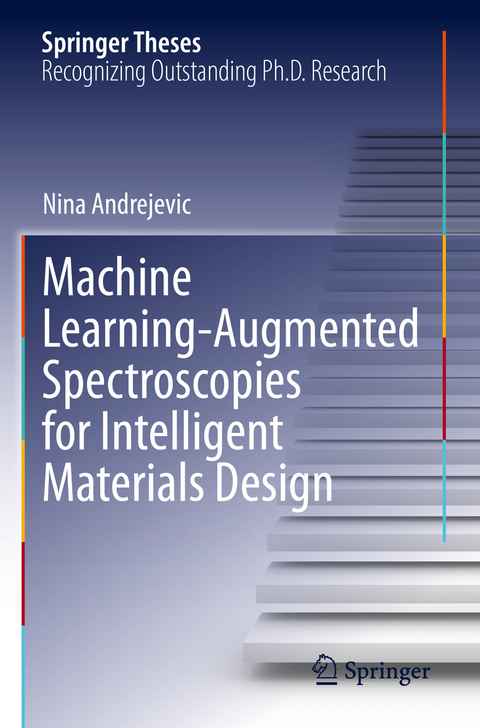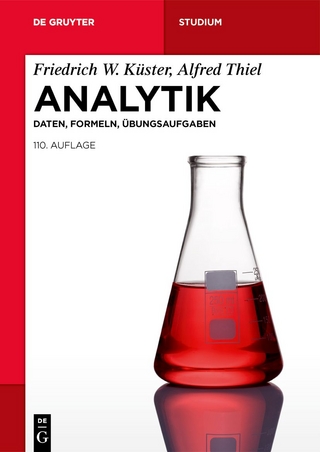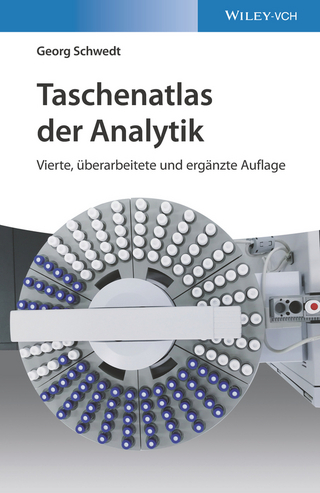
Machine Learning-Augmented Spectroscopies for Intelligent Materials Design
Springer International Publishing (Verlag)
978-3-031-14810-1 (ISBN)
The thesis contains several pioneering results at the intersection of state-of-the-art materials characterization techniques and machine learning. The use of machine learning empowers the information extraction capability of neutron and photon spectroscopies. In particular, new knowledge and new physics insights to aid spectroscopic analysis may hold great promise for next-generation quantum technology. As a prominent example, the so-called proximity effect at topological material interfaces promises to enable spintronics without energy dissipation and quantum computing with fault tolerance, yet the characteristic spectral features to identify the proximity effect have long been elusive. The work presented within permits a fine resolution of its spectroscopic features and a determination of the proximity effect which could aid further experiments with improved interpretability. A few novel machine learning architectures are proposed in this thesis work which leverage the case when the data is scarce and utilize the internal symmetry of the system to improve the training quality. The work sheds light on future pathways to apply machine learning to augment experiments.
Nina Andrejevic obtained her B.S. in Engineering Physics from Cornell University in 2016 and her Ph.D. in Materials Science and Engineering from MIT in 2022. Her research interests are at the intersection of physics-informed machine learning methods and quantum materials characterization. She is currently a Maria Goeppert Mayer Postdoctoral Fellow at Argonne National Laboratory, where she combines machine learning methods with X-ray scattering and spectroscopic measurements for intelligent analysis of materials' signatures.
Chapter1: Introduction.- Chapter2: Background.- Chapter3: Data-efficient learning of materials' vibrational properties.- Chapter4: Machine learning-assisted parameter retrieval from polarized neutron reflectometry measurements.- Chapter5: Machine learning spectral indicators of topology.- Chapter6: Conclusion and outlook.
| Erscheinungsdatum | 11.10.2023 |
|---|---|
| Reihe/Serie | Springer Theses |
| Zusatzinfo | XII, 97 p. 29 illus., 28 illus. in color. |
| Verlagsort | Cham |
| Sprache | englisch |
| Maße | 155 x 235 mm |
| Gewicht | 183 g |
| Themenwelt | Naturwissenschaften ► Chemie ► Analytische Chemie |
| Naturwissenschaften ► Chemie ► Physikalische Chemie | |
| Schlagworte | electronic band topology • Euclidean neural network • machine learning for experimental design • machine learning for materials characterization • machine learning neutron scattering • machine learning Raman spectra • machine learning spectral signatures • machine learning vibrational properties • parameter retrieval |
| ISBN-10 | 3-031-14810-X / 303114810X |
| ISBN-13 | 978-3-031-14810-1 / 9783031148101 |
| Zustand | Neuware |
| Informationen gemäß Produktsicherheitsverordnung (GPSR) | |
| Haben Sie eine Frage zum Produkt? |
aus dem Bereich


